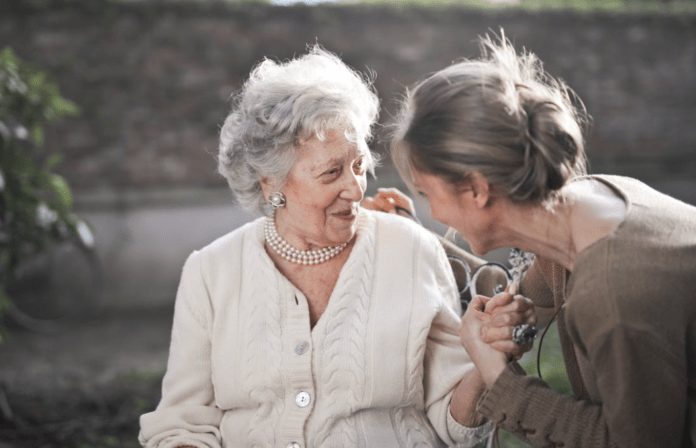When the time comes for your older relative to be taken care of in a residential care home setting, you expect for them to be getting the best care that money can buy and for them to be living out their final years in a happy community. You want to rest assured knowing that all of their needs are being met.
However, the news is full of horror stories about causes of abuse in retirement homes that can leave alarm bells ringing.
If you want to look out for some of the signs of elder abuse in your elderly loved ones by their caregivers, here are some of them.
Unexplained Injury and Bruising
It is common for older folk to suffer from bruising due to being a little more prone to accidents as they get older. However, when you start to notice more and more unexplained injury and bruising in unusual places, it is right to be concerned. You should consider investigating the matter further.
Malnourishment
Some weight loss and loss of overall body mass are common for older people. However, if you are the relative is suddenly showing signs that they have lost a lot of weight very quickly, or they seem dehydrated, This is a sure sign that they are not being given enough food or water. Holding back food from people is a sign of abuse that should not be taken lightly. This can cause malnutrition, extreme dehydration and ultimately lead to their death.
Uncleanliness and living in unsanitary conditions
Keeping soiled bed linens on the bed, having a lack of clean clothes, and dirty rooms are all signs of abuse that can cause a lot of harm to you’re older relatives. When your older relative is neglected in this way and forced to sleep in dirty bedding and wearing unclean clothes this is extremely damaging to their health. This also means that they are unlikely to be washed properly or taken to the toilet on time. This is one of the most common signs of neglect and abuse in residential retirement homes.
Sudden Change in behavior
It is common for older people to develop illnesses that change their behavior. However, a clear change in behavior is a sign of abuse in elderly people. If your relative suddenly seems withdrawn, scared, or upset and angry, this is a clear sign of neglect or abuse. Similarly, If it appears to be the case that this behavior change is more evident when a particular member of staff is close by to them, then it is more likely to be abuse from that member of staff instead of a sign of sickness. If it appears to be the case that this behavior change is more evident when a particular member of staff is close to them, then it is more likely to be abuse from that member of staff instead of a sign of sickness.
Conflicting Reports
When you express concern for the well-being of your relative, it’s important to speak to several caregivers. The reason for this is so that you can make sure that each of their stories matches up. Stories that conflict with another should be a red flag. Take a note of the excuses given for neglect and abuse and Tuesdays when you report them.


